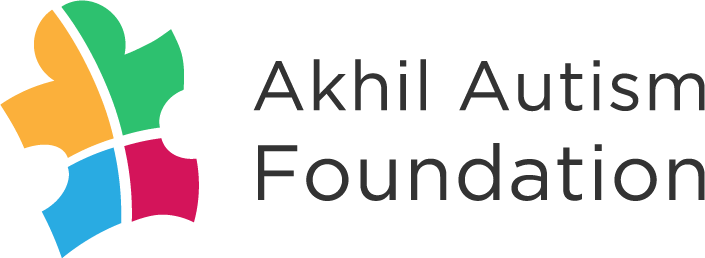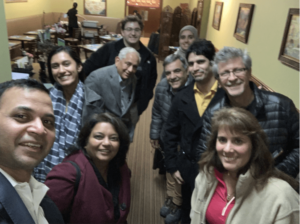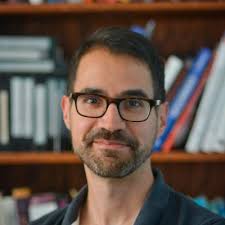Autism is a complex developmental disorder that affects one in fifty-four children.
Autistic children exhibit a range of symptoms such as social communication challenges and restricted, repetitive behaviors. The symptoms of autism are varied among the children and fall across a broad spectrum, leading to the dictum that “if you have seen one autistic child, you have seen one autistic child.
” Despite years of research, the cause(s) of autism are not understood, and there are no specific cures for autism.
To date, the children are managed using behavioral therapies and psychiatric drugs, which the insurance companies cover.
However, many alternate therapeutic approaches with purported benefits to autistic children are advertised to the parents.
Unfortunately, the evaluation of such treatment benefits, as in behavioral techniques, is performed by humans.
This inherently subjective evaluation renders the treatment results challenging to quantify, leaving the caregivers confused about choosing treatments appropriate for their child.
WHAT IS HAPPENING NOW?
A range of therapies claiming to benefit autistic children is advertised on the market, presenting many confusing options to the parents. These include chelation, hyperbaric chamber therapy, digestive enzyme supplementation, stem cell therapies, reflex integration, physical and occupational therapies, etc. Many alternate methods for educating autistic children, such as Rapid Prompting Method (RPM), have also been developed. Unfortunately, the benefits of many of these treatments are not scientifically validated because of the lack of objective assessment tools. Thus, many such treatments are ineligible for insurance reimbursement, and parents bear the costs.
HOW DIFFERENT IS OUR RESEARCH?
WHAT WE WILL RESEARCH ?
IMPACT
AAF hopes to create paradigm shifts in the treatment of autism by providing scientific validation of therapies and assistive technologies appropriate for each autistic child. Customization of assistance as appropriated for each autistic child will enhance the quality of life and the educational potential of autistic children. Results of AAF’s research should also improve the quality of life for parents and families raising autistic children.


